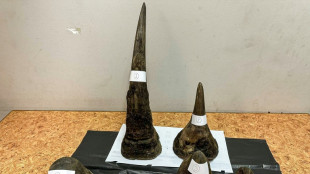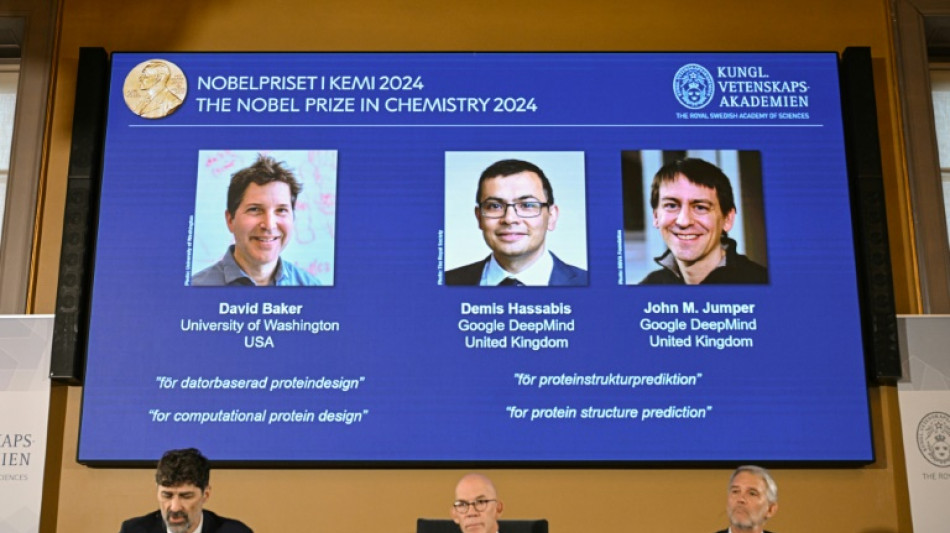
-
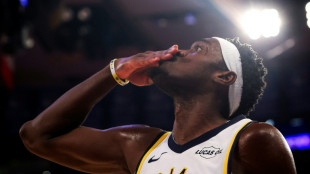 Pacers outlast Knicks in overtime
Pacers outlast Knicks in overtime
-
9 killed in Canada mass shooting that targeted school, residence: police
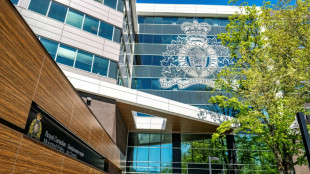
-
 De Zerbi leaves Marseille 'by mutual agreement'
De Zerbi leaves Marseille 'by mutual agreement'
-
Netanyahu to push Trump on Iran missiles in White House talks
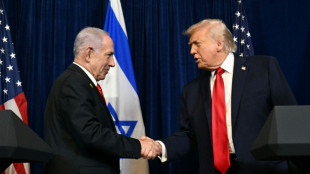
-
 England captain Stokes has surgery after being hit in face by ball
England captain Stokes has surgery after being hit in face by ball
-
Rennie, Joseph lead running to become next All Blacks coach

-
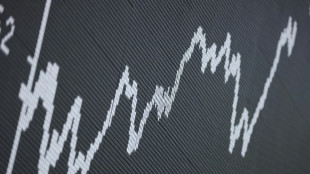 Asian stock markets mixed as traders weigh US data, await jobs
Asian stock markets mixed as traders weigh US data, await jobs
-
Australian Olympic snowboarder airlifted to hospital with broken neck

-
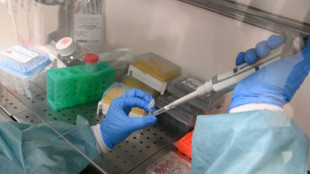 Moderna says US refusing to review mRNA-based flu shot
Moderna says US refusing to review mRNA-based flu shot
-
'Artists of steel': Japanese swords forge new fanbase
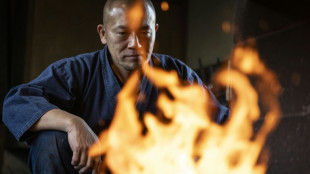
-
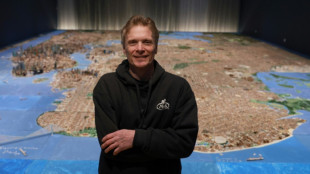 New York model, carved in a basement, goes on display
New York model, carved in a basement, goes on display
-
Noisy humans harm birds and affect breeding success: study
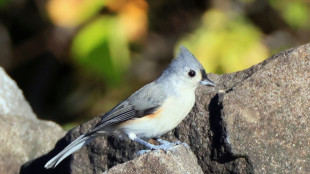
-
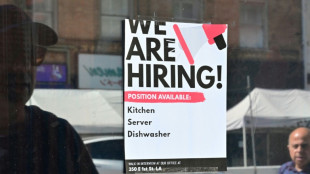 More American women holding multiple jobs as high costs sting
More American women holding multiple jobs as high costs sting
-
Charcoal or solar panels? A tale of two Cubas
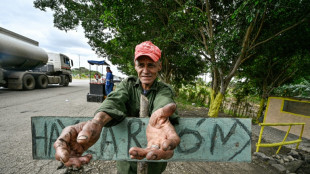
-
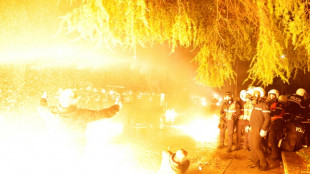 Several wounded in clashes at Albania opposition rally
Several wounded in clashes at Albania opposition rally
-
Chelsea's draw with Leeds 'bitter pill' for Rosenior

-
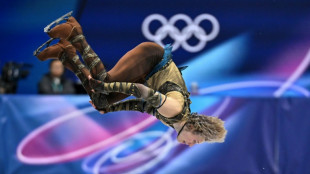 'On autopilot': US skate star Malinin nears more Olympic gold
'On autopilot': US skate star Malinin nears more Olympic gold
-
Carrick frustrated by Man Utd's lack of sharpness in West Ham draw
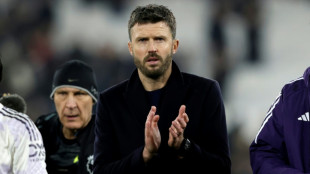
-
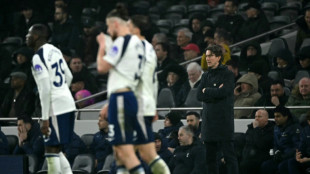 Frank confident of keeping Spurs job despite Newcastle defeat
Frank confident of keeping Spurs job despite Newcastle defeat
-
James's All-NBA streak ends as Lakers rule superstar out of Spurs clash
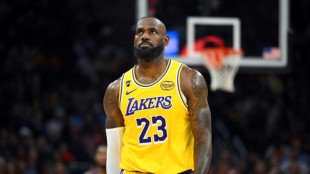
-
 Anti-Khamenei slogans in Tehran on eve of revolution anniversary: social media footage
Anti-Khamenei slogans in Tehran on eve of revolution anniversary: social media footage
-
Colombian senator kidnapped, president targeted in election run-up
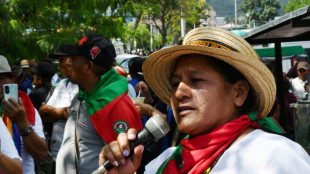
-
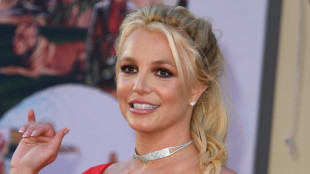 Britney Spears sells rights to her music catalog: US media
Britney Spears sells rights to her music catalog: US media
-
West Ham end Man Utd's winning run, Spurs sink to 16th
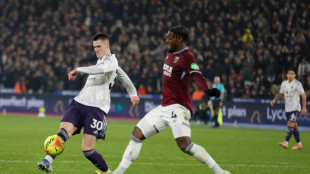
-
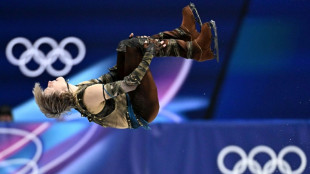 US skate star Malinin leads after short programme in Olympics
US skate star Malinin leads after short programme in Olympics
-
Man Utd's Sesko strikes late to rescue West Ham draw
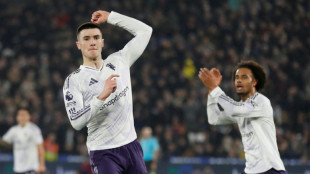
-
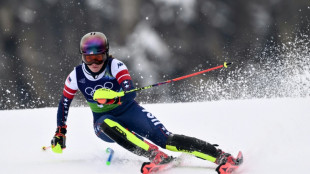 Shiffrin flops at Winter Olympics as helmet row grows
Shiffrin flops at Winter Olympics as helmet row grows
-
Celtics' Tatum practices with G League team but injury return uncertain

-
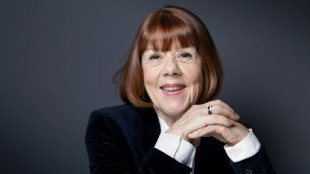 Gisele Pelicot publishes memoirs after rape trial ordeal
Gisele Pelicot publishes memoirs after rape trial ordeal
-
Newcastle beat sorry Spurs to leave Frank on the brink
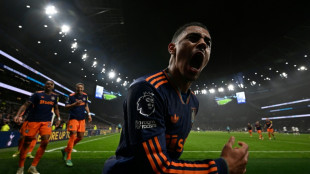
-
 'Outrage' as LGBTQ Pride flag removed from Stonewall monument
'Outrage' as LGBTQ Pride flag removed from Stonewall monument
-
Chappell Roan leaves agency headed by embattled 2028 Olympic chief

-
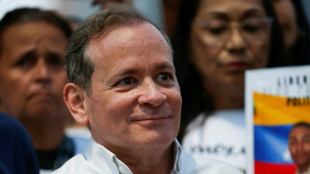 Venezuelan authorities move Machado ally to house arrest
Venezuelan authorities move Machado ally to house arrest
-
YouTube rejects addiction claims in landmark social media trial
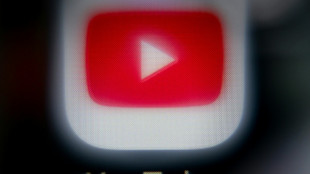
-
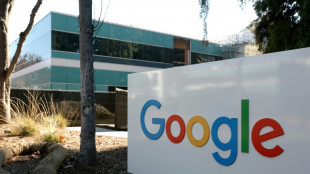 Google turns to century-long debt to build AI
Google turns to century-long debt to build AI
-
'I felt guided by them': US skater Naumov remembers parents at Olympics
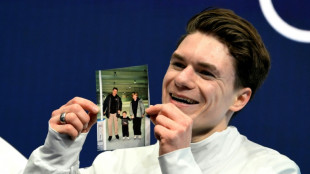
-
 Till death do us bark: Brazilian state lets pets be buried with owners
Till death do us bark: Brazilian state lets pets be buried with owners
-
'Confident' Pakistan ready for India blockbuster after USA win

-
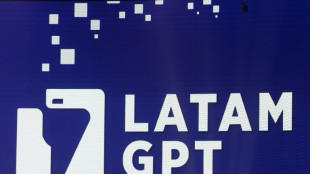 Latam-GPT: a Latin American AI to combat US-centric bias
Latam-GPT: a Latin American AI to combat US-centric bias
-
Gauff dumped out of Qatar Open, Swiatek, Rybakina through
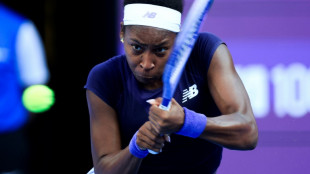
-
 Paris officers accused of beating black producer to stand trial in November
Paris officers accused of beating black producer to stand trial in November
-
Istanbul bars rock bands accused of 'satanism'

-
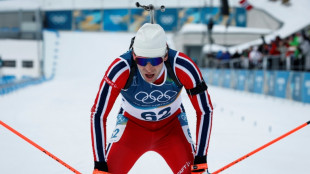 Olympic bronze medal biathlete confesses affair on live TV
Olympic bronze medal biathlete confesses affair on live TV
-
US commerce chief admits Epstein Island lunch but denies closer ties
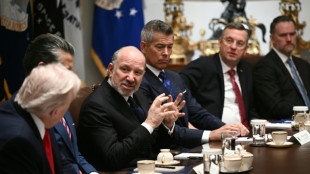
-
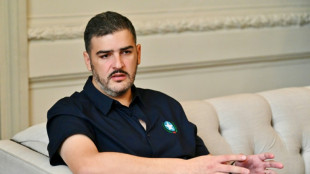 Mayor of Ecuador's biggest city arrested for money laundering
Mayor of Ecuador's biggest city arrested for money laundering
-
Farhan, spinners lead Pakistan to easy USA win in T20 World Cup

-
 Stocks mixed as muted US retail sales spur caution
Stocks mixed as muted US retail sales spur caution
-
Macron wants more EU joint borrowing: Could it happen?
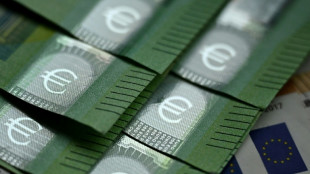
-
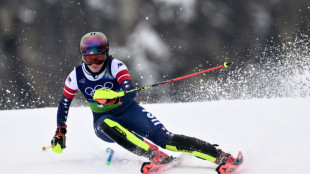 Shiffrin flops at Winter Olympics as helmet row simmers
Shiffrin flops at Winter Olympics as helmet row simmers
-
No excuses for Shiffrin after Olympic team combined flop
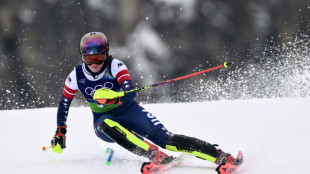

Demis Hassabis, from chess prodigy to Nobel-winning AI pioneer
Long before Demis Hassabis pioneered artificial intelligence techniques to earn a Nobel prize, he was a master of board games.
The London-born son of a Greek-Cypriot father and a Singaporean mother started playing chess when he was just four, rising to the rank of master at 13.
"That's what got me into AI in the first place, playing chess from a young age and thinking and trying to improve my own thought processes," the 48-year-old told journalists after sharing the Nobel prize in chemistry with two other scientists on Wednesday.
It was the second Nobel award in as many days involving artificial intelligence (AI), and Hassabis followed Tuesday's chemistry laureates in warning that the technology they had championed can also "be used for harm".
But rather than doom and gloom warnings of AI apocalypse, the CEO of Google's DeepMind lab described himself as a "cautious optimist".
"I've worked on this my whole life because I believe it's going to be the most beneficial technology to humanity -- but with something that powerful and that transformative, it comes with risks," he said.
- Dabbling in video games -
Hassabis finished high school in north London at the age of 16, and took a gap year to work on video games, co-designing 1994's "Theme Park".
In his 20s, Hassabis won the "pentamind" -- a London event that combines the results of bridge, chess, Go, Mastermind and Scrabble -- five times.
"I would actually encourage kids to play games, but not just to play them... the most important thing is to try and make them," Hassabis said.
He then studied neuroscience at University College London, hoping to learn more about the human brain with the aim of improving nascent AI.
In 2007, the journal Science listed his research among the top 10 breakthroughs of the year.
He co-founded the firm DeepMind in 2010, which then focused on using artificial neural networks -- which are loosely based on the human brain and underpin AI -- to beat humans at board and video games.
Google bought the company four years later.
In 2016, DeepMind became known around the world when its AI-driven computer programme AlphaZero beat the world's top player of the ancient Chinese board game Go.
A year later, AlphaZero beat the world champion chess programme Stockfish, showing it was not a one-game wonder. It also conquered some retro video games.
The point was not to have fun or win games, but to broaden out the capability of AI.
"It's those kinds of learning techniques that have ended up fuelling the modern AI renaissance," Hassabis said.
- Protein power -
Hassabis then turned the power he had been building towards proteins.
These are the building blocks of life, which take the information from DNA's blueprint and turn a cell into something specific, such as a brain cell or muscle cell -- or most anything else.
By the late 1960s, chemists knew that the sequence of 20 amino acids that make up proteins should allow them to predict the three-dimensional structure they would twist and fold into.
But for half a century, no one could accurately predict these 3D structures. There was even a biannual competition dubbed the "protein olympics" for chemists to try their hand.
In 2018, Hassabis and his AlphaFold entered the competition.
Two years later, it did so well that the 50-year-old problem was considered solved.
Around 30,000 scientific papers have now cited AlphaFold, according to DeepMind's John Jumper, who shared Wednesday's Nobel win along with US biochemist David Baker.
"AlphaFold has already been used by more than two million researchers to advance critical work, from enzyme design to drug discovery," Hassabis said.
B.Finley--AMWN

